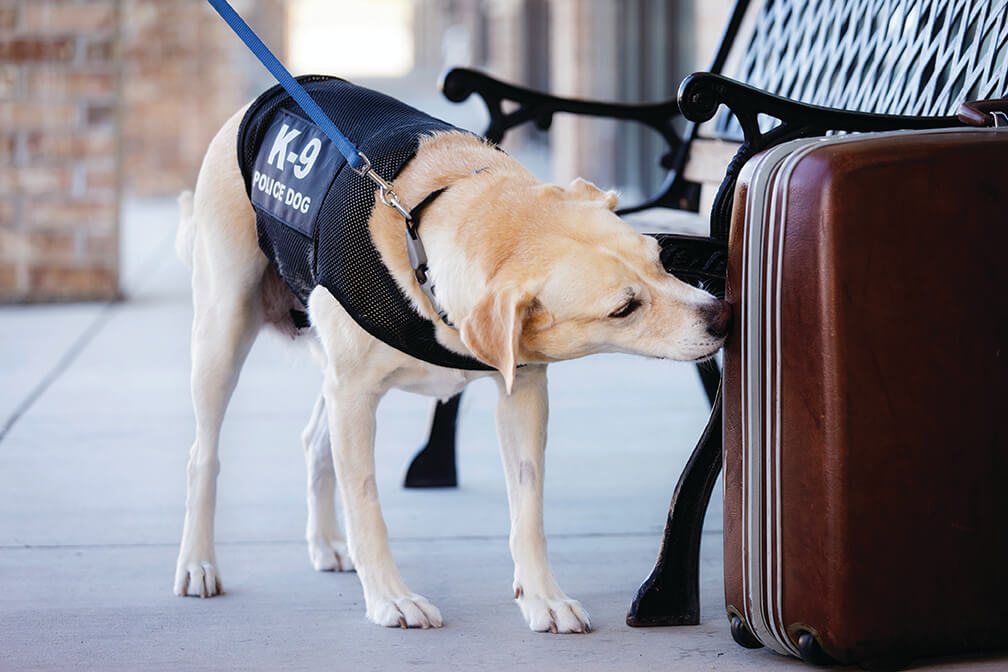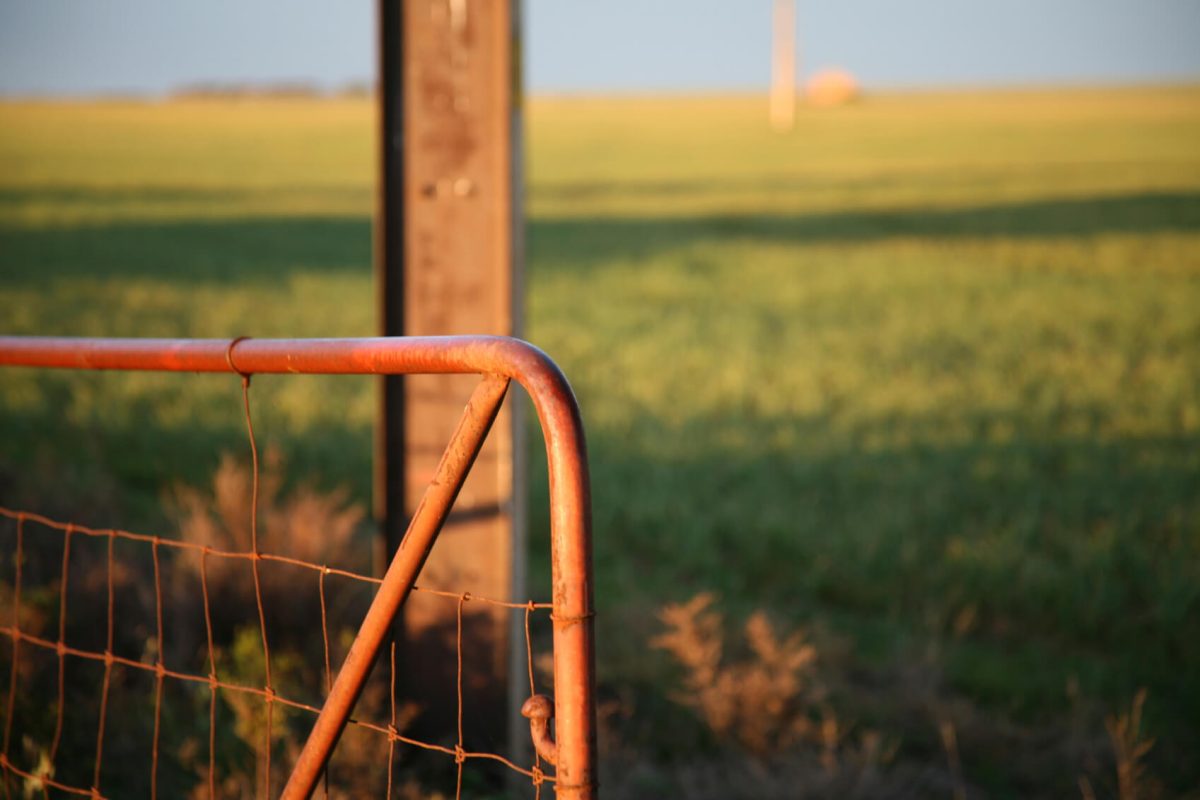Our work
Strengthening the Australian plant biosecurity system
Our work
Keeping Australia free of exotic plant pests and diseases is a continuous process.
Australia’s biosecurity system is multi-layered with prevention, preparedness, management and response activities undertaken overseas, at the border, and post-border within Australia. This biosecurity continuum is based on partnerships with targeted activities to help prevent the introduction, establishment and spread of exotic and established pests and diseases.
As the trusted coordinator of the Australian plant biosecurity system, PHA brings expertise, knowledge, and stakeholders together to generate solutions that improve biosecurity outcomes to ensure the system is future-orientated and solutions-focused.
Our work can be categorised into three areas:
We work to advance Australia’s collective ability to respond and recover from Emergency Plant Pest (EPP) incursions.
We do this by strengthening and expanding the scope of national response arrangements through the Emergency Plant Pest Respond Deed (EPPRD), participating on National Committees to cultivate cross-sectoral collaborations to support the national coordination and reform of Australia’s biosecurity emergency response system and strengthening response readiness and resilience through training.
We develop cohesive networks and new partnerships to prepare for future and emerging plant biosecurity risks, develop and drive adoption of best biosecurity practices and increase awareness of plant biosecurity risks through targeted communication, extension, and training.
We work to improve Australia’s ability to identify and detect plant biosecurity threats.
We do this by increasing awareness of innovative technologies and approaches, enhancing national identification and detection capability, improving national biosecurity systems and processes, and engaging the community to enhance the reporting of plant biosecurity threats.
Australia's biosecurity system
Pre-border protection
The Department of Agriculture, Fisheries and Forestry (DAFF) is responsible for:
- risk analysis and import approvals (including import risk analysis & policy, risk management and communication)
- export market access negotiations
- offshore assessment, audit, and verification
- international standards development and fulfilment of international convention obligations
- capacity building in overseas countries
- gathering global pest intelligence.


Border protection
DAFF is responsible for:
- implementation of risk management system
- policy implementation
- education and awareness
- inspection and monitoring
- enforcement and compliance.
Within DAFF, the Australian Bureau of Agricultural and Resource Economics and Sciences (ABARES) provides current scientific and economic advice to decision-makers to support the plant biosecurity system.
Post-border protection
PHA, DAFF, state and territory governments, plant industries, and growers are responsible for:
- emergency preparedness
- enhancing capacity to prepare, detect and respond to pests and diseases
- practice and simulations
- education and awareness
- monitoring and surveillance
- national coordination and response to pest incursions
- domestic quarantine
- pest management.
